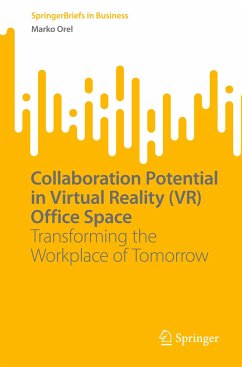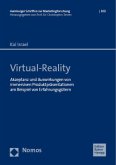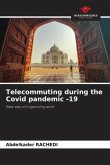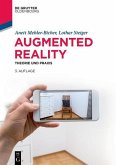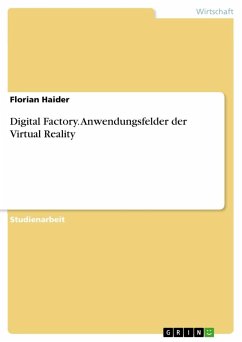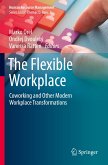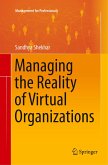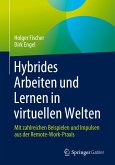The recent shift in labour markets has heightened the demand for alternative work arrangements. Virtual reality (VR) technology plays a significant role in this transition, with remote work as efficient as work performed from an organization's own office space. This book explores the impact of immersive VR technology on the new virtual workspace. Specifically, it examines how VR can enable employees to overcome the distractions associated with working from home, increase their visibility on team projects, build stronger relationships with co-workers, reduce feelings of isolation due to social distancing, and facilitate their engagement in collaborative work processes. It also explores the limitations of two-dimensional, computer-mediated communication tools for flexible working arrangements. It, thus, offers theoretical foundations for future research on office digitalization and subsequent applications of VR technology on office work. It also features the analysis of two dozen problem-centered expert interviews with creators and executives of leading productivity VR tools that enable the remote collaboration between knowledge workers.

